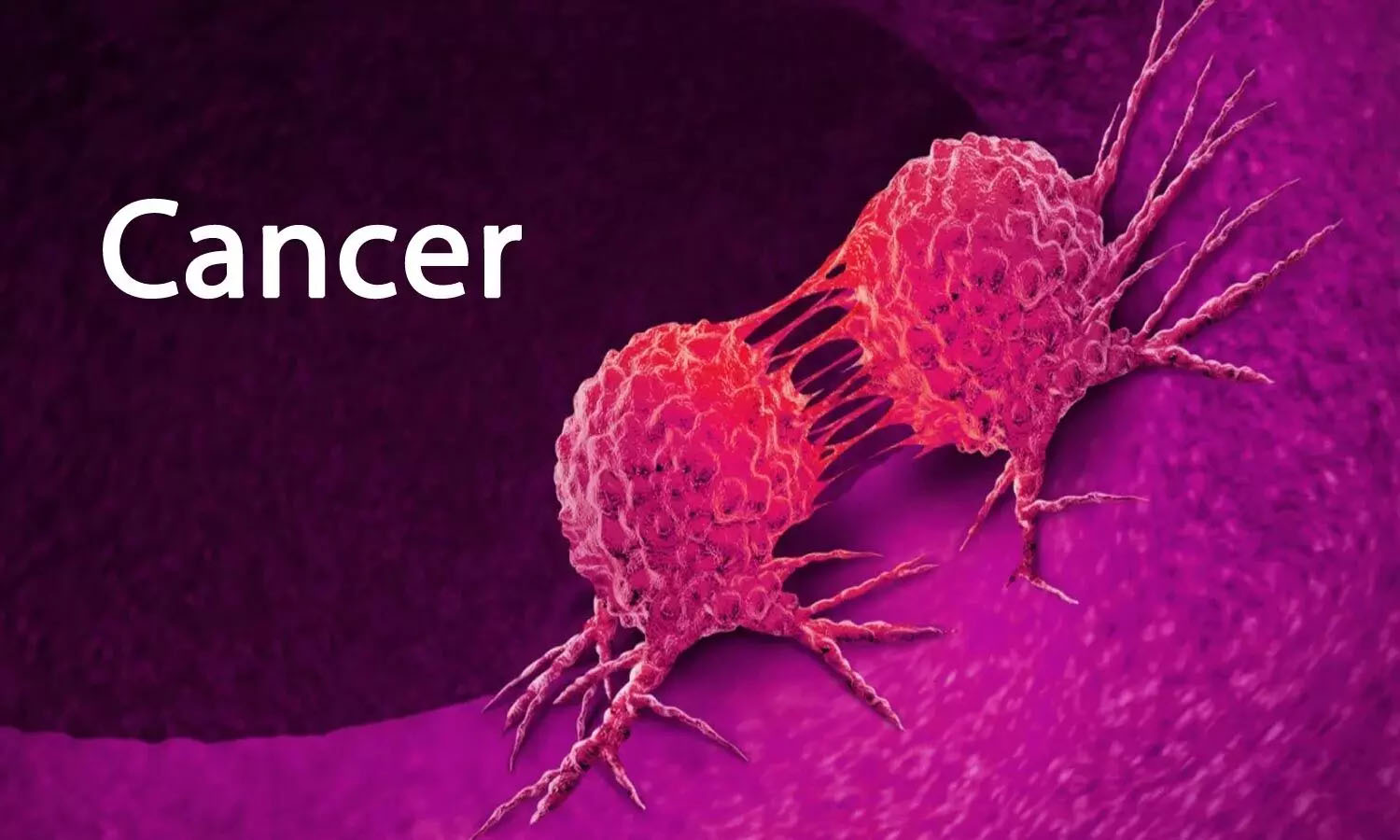Cancer
Cancer is a complex group of diseases characterized by the uncontrolled growth and spread of abnormal cells in the body. There are numerous types of cancer, each with its own set of symptoms, characteristics, and treatment approaches. Some common types of cancer and their associated symptoms include:
- Breast Cancer:
- Symptoms: Lump in the breast, changes in breast size or shape, nipple discharge, skin changes on the breast.
- Lung Cancer:
- Symptoms: Persistent cough, chest pain, shortness of breath, coughing up blood, fatigue.
- Colorectal Cancer:
- Symptoms: Changes in bowel habits, blood in the stool, abdominal pain or discomfort, unexplained weight loss.
- Prostate Cancer:
- Symptoms: Difficulty urinating, frequent urination, blood in the urine or semen, erectile dysfunction.
- Ovarian Cancer:
- Symptoms: Abdominal bloating, pelvic pain, difficulty eating or feeling full quickly, frequent urination.
- Skin Cancer (Melanoma):
- Symptoms: Changes in the size, shape, or color of moles or skin lesions, itching or tenderness.
- Pancreatic Cancer:
- Symptoms: Abdominal pain, jaundice (yellowing of the skin and eyes), unexplained weight loss.
- Leukemia:
- Symptoms: Fatigue, weakness, pale skin, easy bruising or bleeding, frequent infections.
- Lymphoma:
- Symptoms: Swollen lymph nodes, unexplained weight loss, fatigue, night sweats.
- Brain Tumors:
- Symptoms: Headaches, seizures, changes in vision, difficulty speaking or coordinating movements.
It's important to note that cancer symptoms can vary widely, and some cancers may not cause noticeable symptoms in the early stages. Early detection and diagnosis significantly improve treatment outcomes. If individuals experience persistent or unusual symptoms, they should seek prompt medical attention. Regular screenings, lifestyle choices, and risk factor awareness can also play crucial roles in cancer prevention and early detection. A healthcare professional can provide personalized guidance based on an individual's health history and risk factors.

